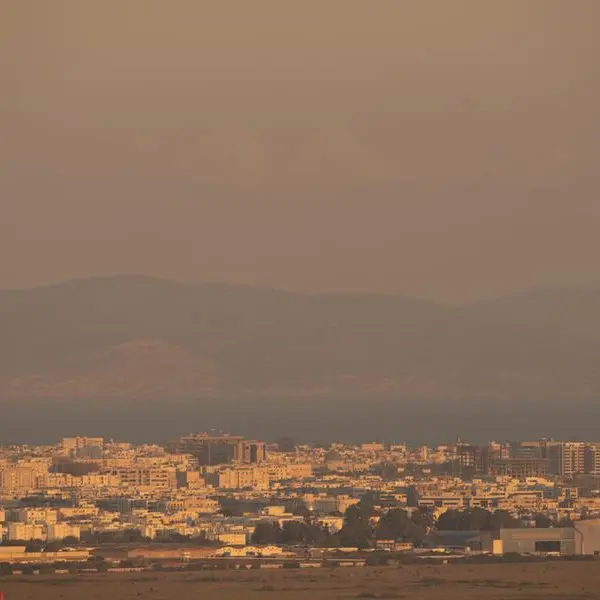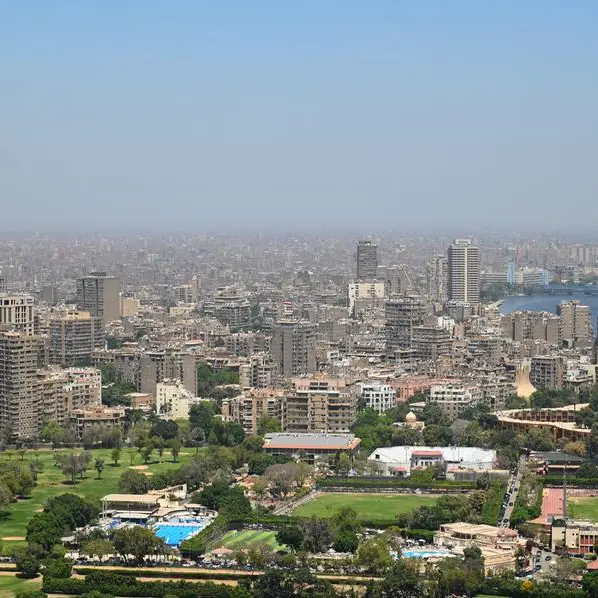PHOTO
Mohammed Lafi was a young man whose possession of a taxi meant he had a decent income and fair prospects by Tunisian standards. But that made little difference when he took the fatal decision to risk it all by crossing the sea for a new life in Europe.
He was one of 40 people who went missing in January when their boat disappeared after setting off from a beach near the port of Sfax for the Italian island of Lampedusa, only a few hours away.
As Tunisia's economy has floundered over recent years, ever more young people have gone to seek their fortune in prosperous Italy or France and the record numbers have led to a spike in deaths, with Sfax morgue regularly filling with drowned bodies.
"Our situation is normal. My brother didn't suffer financial problems and he had a car to work with," said his sister Ines Lafi, still bewildered by her 30-year-old brother's decision to leave.
Over the last year, the number of missing and dead people off Tunisia's coast has reached more than 1,300, mostly from sub-Saharan African countries. In the first month of 2024 alone, more than 100 people drowned off Tunisia, including 60 Tunisians whose bodies have yet to be found.
Although there were more people crossing the Mediterranean during the height of the 2014-15 migration crisis - and dying at sea - the numbers are unprecedented for voyages from Tunisia.
The increase comes despite a crackdown by Tunisian authorities, with police dismantling smuggling networks and stopping thousands of people on shore and at sea as they tried to cross to Lampedusa.
Potential migrants are pushed by a growing disillusionment among Tunisians about their country's future and lured by social media tales of compatriots who portray their new European lives as easy and successful.
"Mohammed was influenced by videos on social media that pushed him to sacrifice what he owns here in search of a better quality of life in Europe," said Ines Lafi.
Migration boats once attracted only the unemployed and desperate but they increasingly carry middle class Tunisians, sometimes entire families.
Last year, a video circulated widely of a 63-year-old man who made the journey with his wife and ten of his children and grandchildren.
Tunisia is suffering an economic crisis with shortages of basic items such as bread and sugar, leading to long queues in shops and widespread frustration.
MISSING
Bereaved families are starting to make their voices heard - holding protests at the poor conditions that they believe drove their loved ones to their deaths at sea and demanding more work to retrieve their bodies.
At recent protests in Sfax and the northern port of Bizerte, families blocked roads and held up photographs of the dead and missing, prompting authorities to announce they would start helicopter searches for bodies.
For months, Mohammed Issaoui has made a daily 120 km (75 mile) journey from his home in Kairouan to Sfax to spend hours searching hospital morgues and even local beaches for news of his brother Montassar who disappeared last year.
While Montassar only had precarious employment, he was still living decently, said his brother.
The agony may be most intense for parents of the missing.
Monia Gmati still holds on to hope that her son Sofian somehow survived his crossing to Europe, though she has had no news of him for months.
"My life has turned into hell. I can't accept the idea that he died. It's killing me," she said.
Twenty-one-year-old Sofian had amassed 7,000 dinars ($2,240) to pay for his trip, seeking to make a new life and send money home. But his boat sank. There were reports of many deaths, but his body was never found.
His mother has searched every hospital and morgue, contacted journalists and sent his picture to authorities to Italy, but with no result.
"I can't accept the idea the fish ate him at sea," she said.
(Reporting by Tarek Amara and Jihed Abidellaoui, editing by Angus McDowall and Ros Russell)





















